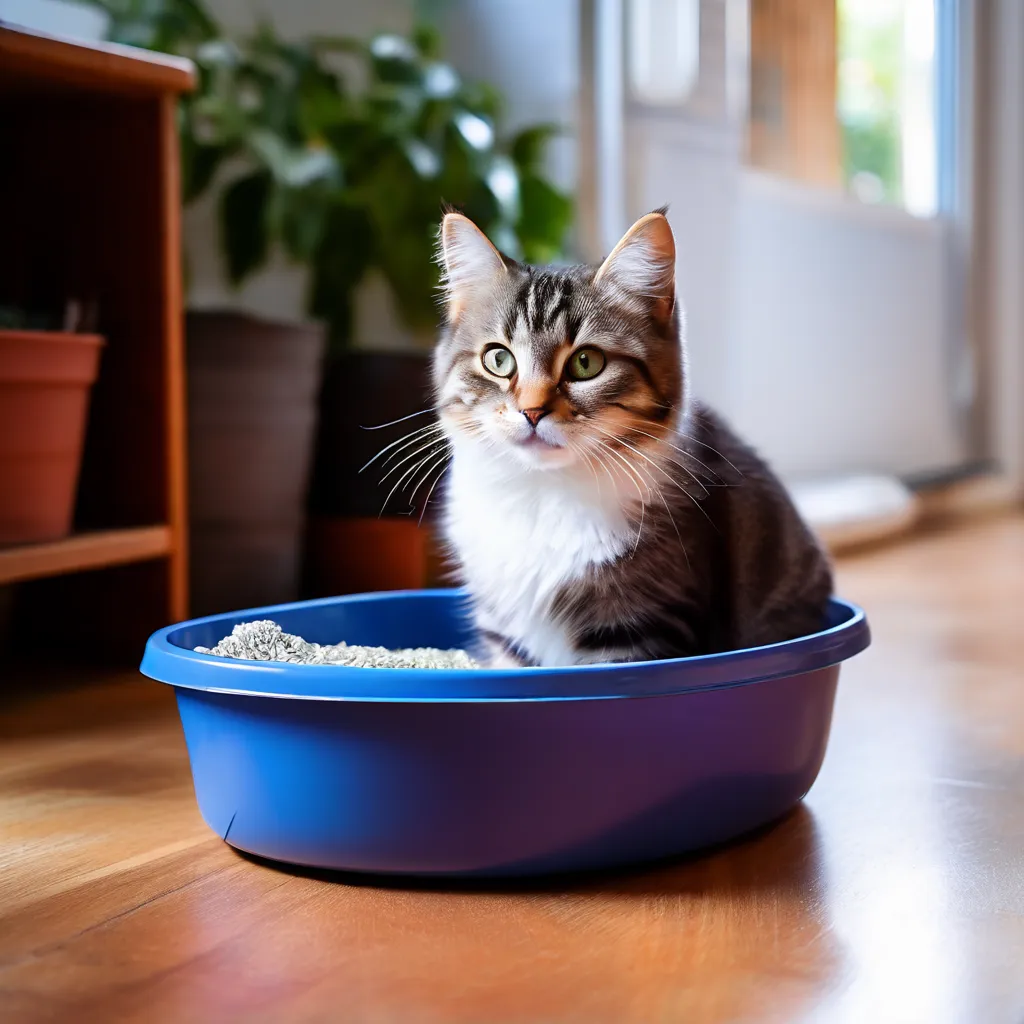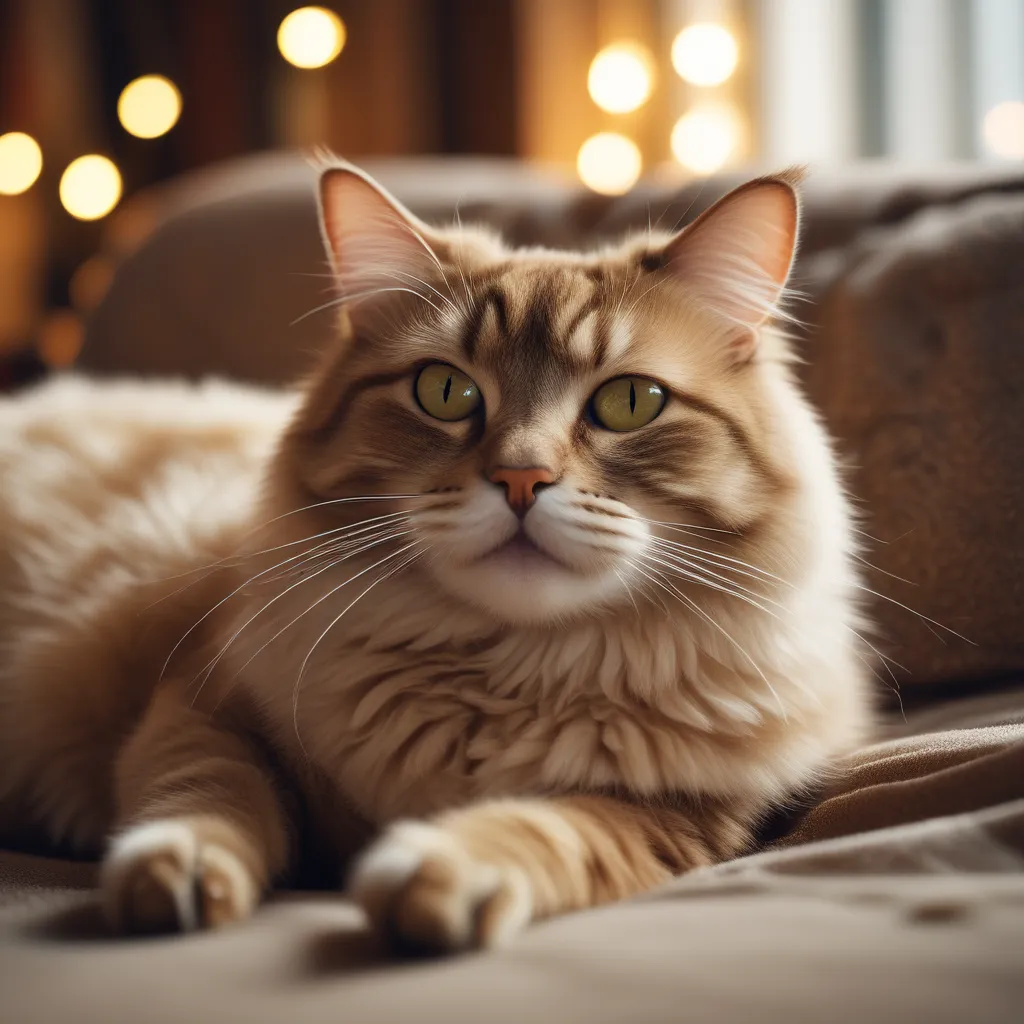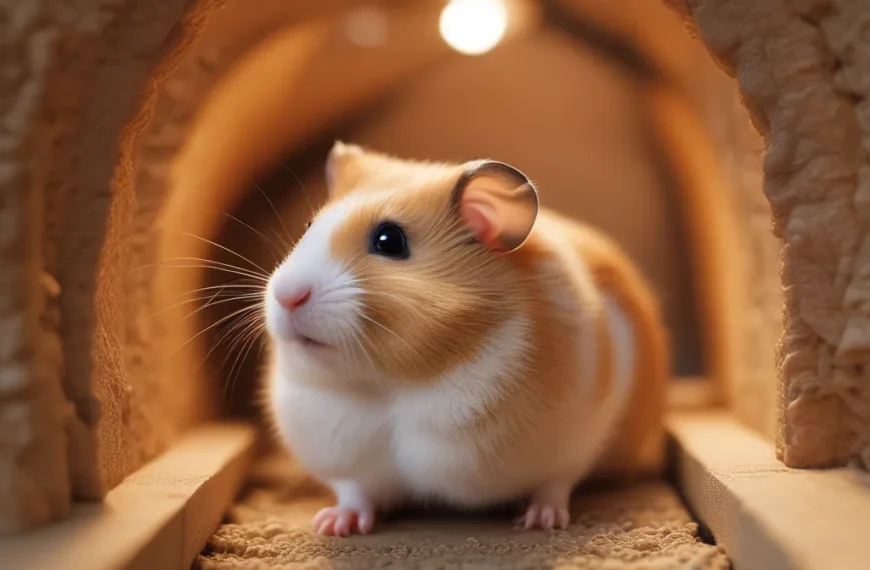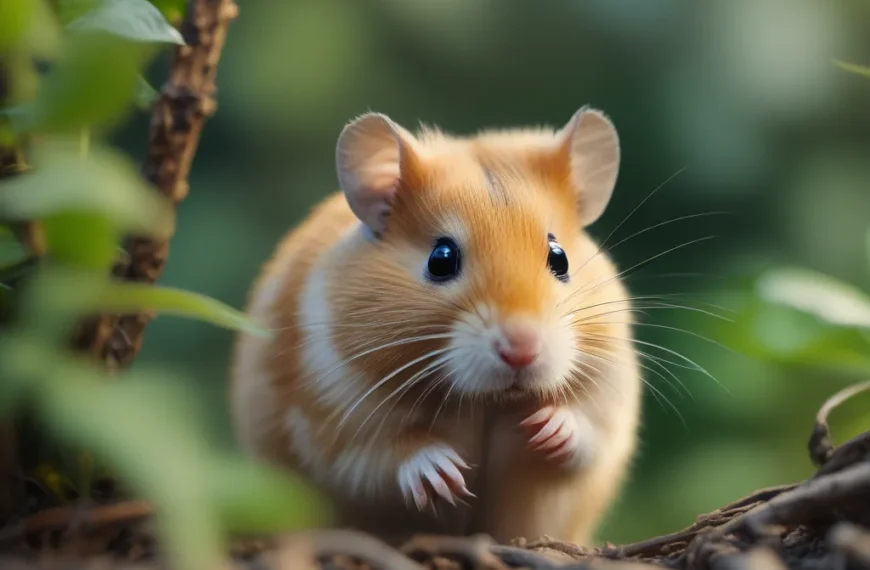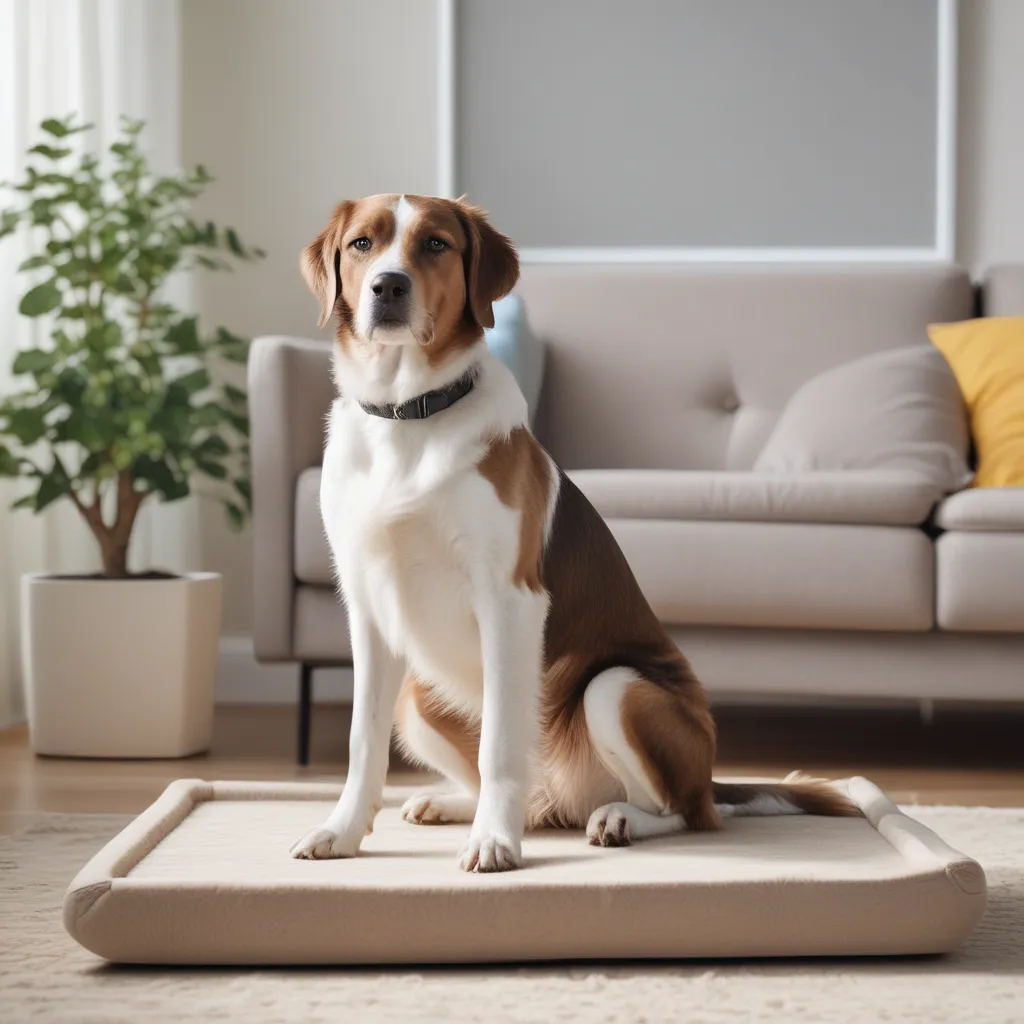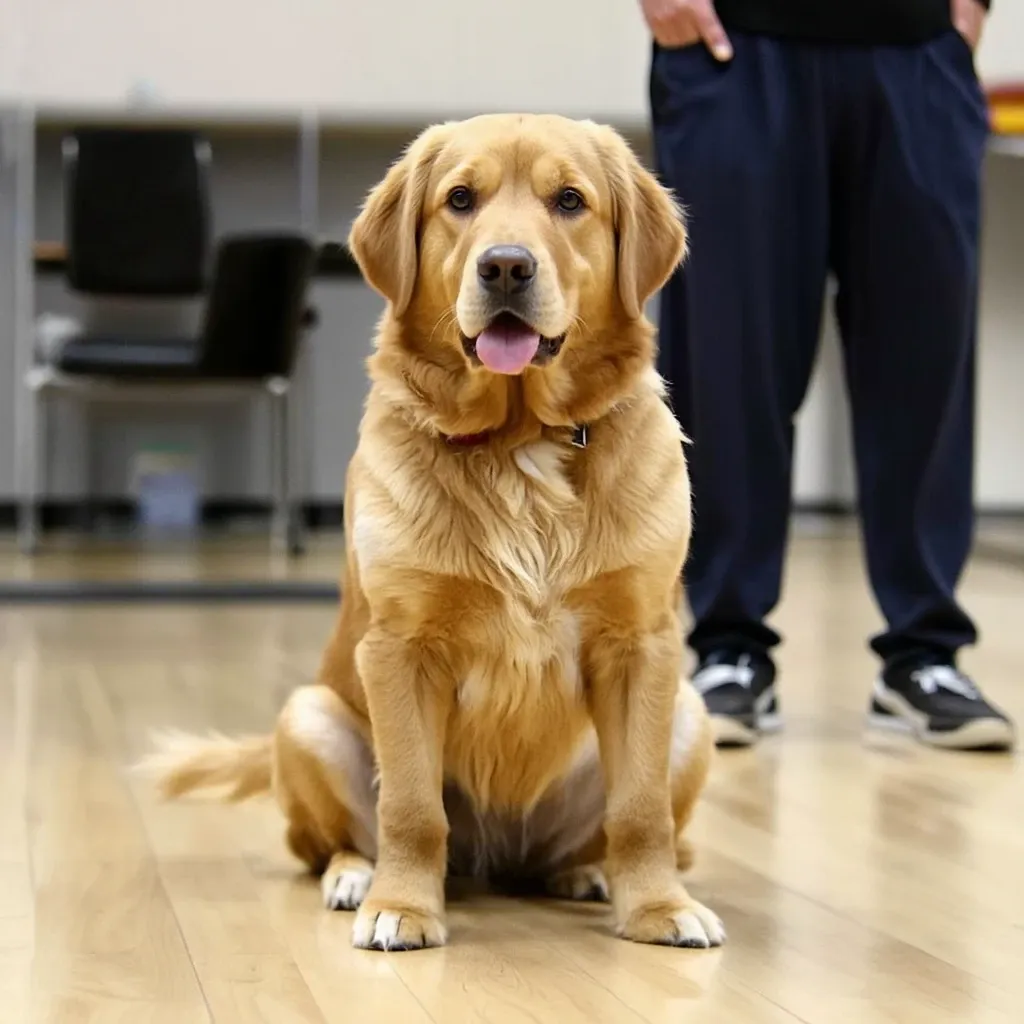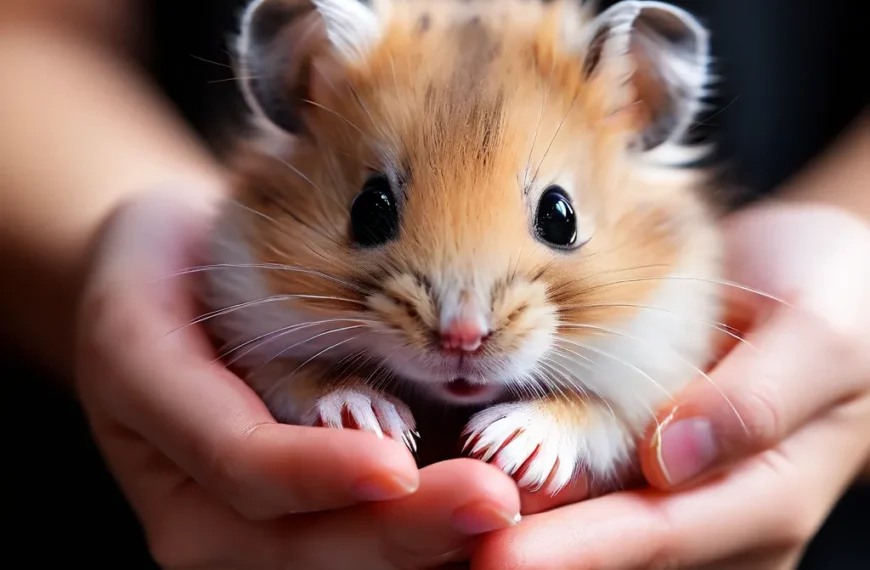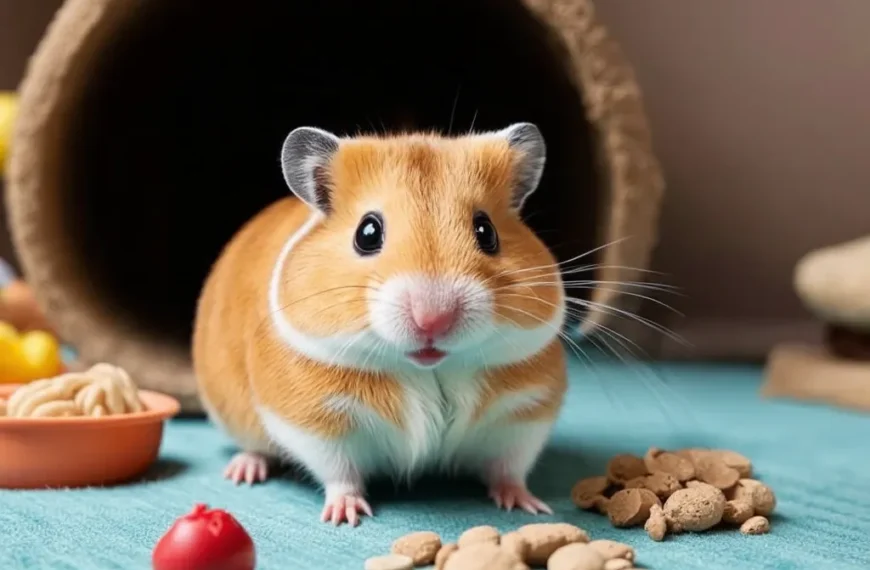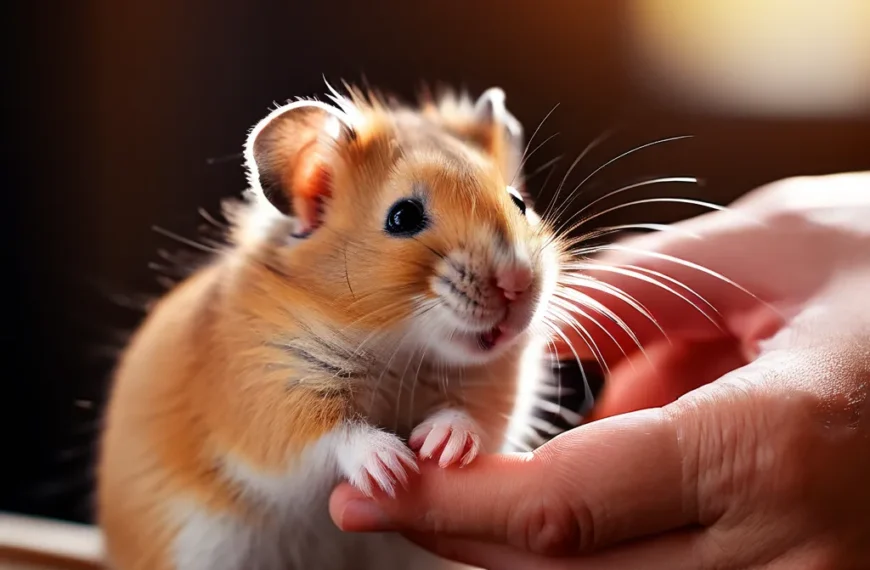Introduction
Is grain-free good or bad for cats? This is a question that has been on the minds of many cat owners in recent years. With the rise of grain-free diets for cats, many pet owners are wondering if this type of diet is beneficial or detrimental to their feline friends.
As an obligate carnivore, cats have specific dietary needs that are different from those of humans and other animals. Their natural diet consists mainly of meat, and they have evolved to thrive on a diet rich in protein and fat from animal sources. However, many commercial cat foods contain grains such as corn, wheat, and soy, which are not a natural part of a cat’s diet.
Proponents of grain-free diets for cats argue that these diets are more in line with a cat’s natural diet and can help to improve their overall health and well-being. They claim that grains can be difficult for cats to digest and can lead to a range of health problems, including obesity, diabetes, and digestive issues.
On the other hand, some experts argue that grain-free diets for cats are not necessarily better than traditional cat foods and may even be detrimental to their health. They point out that grains can provide important nutrients and fiber, and that a balanced and complete diet that includes grains can be just as healthy for cats as a grain-free diet.
In this article, we will explore the benefits and drawbacks of grain-free diets for cats, and examine the evidence for and against this type of diet. We will also look at expert opinions and customer reviews to get a better understanding of the pros and cons of grain-free diets for cats.

What are the benefits of grain-free diets for cats?
Grain-free diets for cats have gained popularity in recent years due to their potential health benefits. Here are some of the advantages of feeding your feline friend a grain-free diet:
- Reduced carbohydrate intake: Cats are obligate carnivores, which means they don’t need a lot of carbohydrates in their diet. Grain-free diets eliminate or reduce the amount of carbs, which can help maintain your cat’s optimal weight and reduce the risk of obesity-related health issues.
- Lower glycemic index: Grain-free diets tend to have a lower glycemic index, which means they won’t cause a sudden spike in blood sugar levels. This can be beneficial for cats with diabetes or those who are prone to developing the condition.
- Increased protein content: Grain-free diets often contain more protein from animal sources, which is essential for maintaining your cat’s muscle mass and overall health.
- Fewer allergies and sensitivities: Some cats may develop allergies or sensitivities to grains, which can lead to skin problems, digestive issues, and ear infections. Grain-free diets can help alleviate these symptoms.
- Improved digestion: Grain-free diets can be easier to digest for some cats, which can lead to fewer stomach problems and a reduced risk of diarrhea or constipation.

It’s essential to note that not all grain-free diets are created equal. When selecting a grain-free diet for your cat, make sure to choose a high-quality option that is rich in protein, moderate in fat, and low in carbohydrates.
What are the potential risks or drawbacks of grain-free diets for cats?
While grain-free diets have gained popularity among cat owners, there are potential risks and drawbacks to consider. Here are some of the possible risks associated with grain-free diets for cats:
- Nutrient deficiencies: Grain-free diets can be low in certain nutrients, such as taurine, vitamin E, and omega-3 fatty acids, which are essential for feline health.
- Increased risk of heart disease: Some studies have linked grain-free diets to an increased risk of heart disease in cats, possibly due to the low levels of taurine and other nutrients.
- Higher cost: Grain-free diets are often more expensive than traditional cat food, which can be a significant burden for cat owners.
- Limited scientific evidence: There is limited scientific evidence to support the benefits of grain-free diets for cats, and some experts argue that the risks outweigh the benefits.
- Potential for contamination: Grain-free diets can be more prone to contamination with bacteria, such as Salmonella and E. coli, which can be harmful to cats.
- Impact on gut health: Some research suggests that grain-free diets can alter the gut microbiome of cats, leading to changes in digestive health and potentially increasing the risk of disease.
It’s essential to consult with a veterinarian before switching your cat to a grain-free diet, as they can help you weigh the potential risks and benefits and make an informed decision.
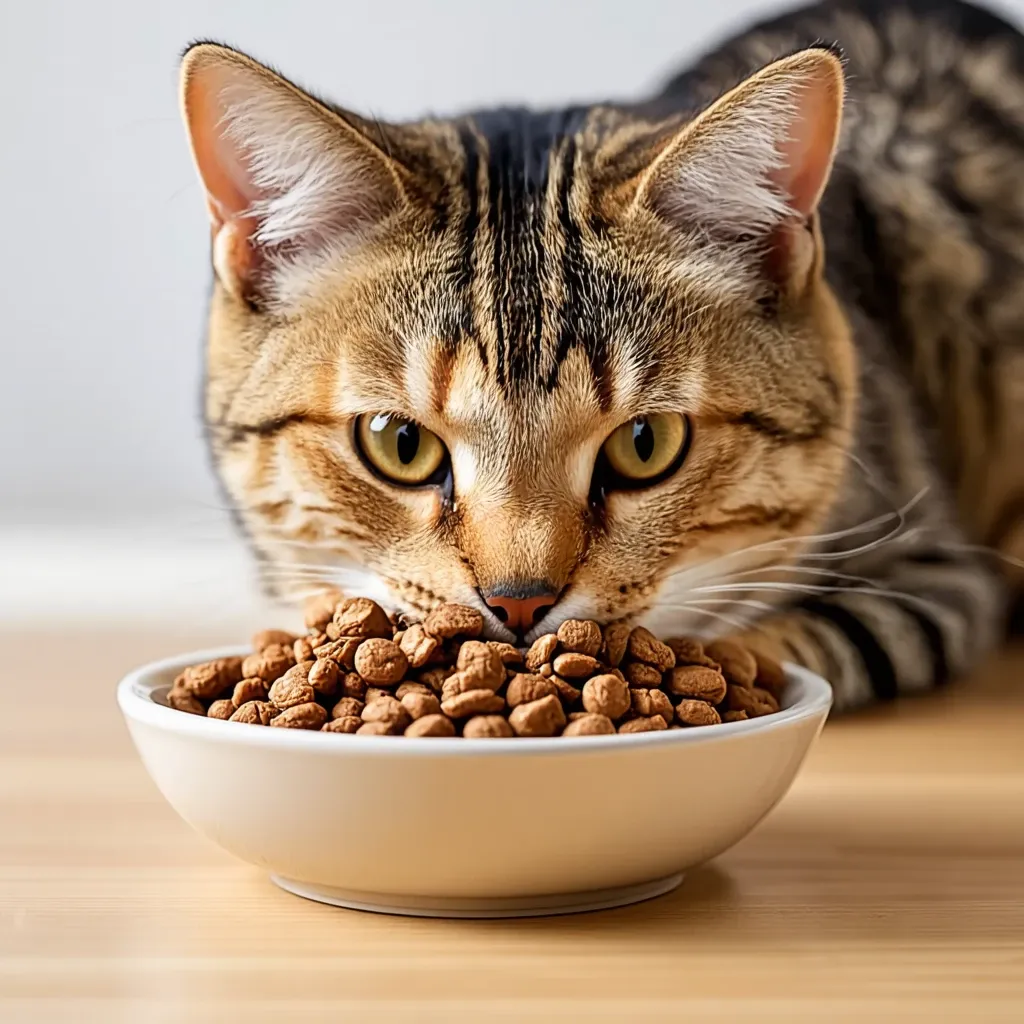
How do grain-free diets align with a cat’s natural diet as an obligate carnivore?
As an obligate carnivore, cats require a diet rich in protein from animal sources to thrive. In the wild, cats are natural predators that feed on small prey, such as mice, birds, and other small animals. Their digestive system is designed to process high amounts of protein and fat from animal sources, with minimal amounts of carbohydrates.
Grain-free diets, which exclude grains such as corn, wheat, and soy, can be a good match for a cat’s natural diet. These diets are often high in protein from animal sources, such as chicken, salmon, and beef, and low in carbohydrates. This aligns with a cat’s natural diet, which is rich in protein and fat from animal sources.
Additionally, grain-free diets can help to reduce the risk of certain health problems in cats, such as obesity and diabetes, which are often associated with high-carbohydrate diets. By feeding a grain-free diet, cat owners can help to promote their cat’s overall health and well-being.
However, it’s essential to note that not all grain-free diets are created equal. Some grain-free diets may contain high amounts of fillers and by-products, which can be detrimental to a cat’s health. When selecting a grain-free diet for your cat, look for high-quality protein sources, such as named animal sources (e.g., chicken, salmon), and avoid diets with fillers and by-products.
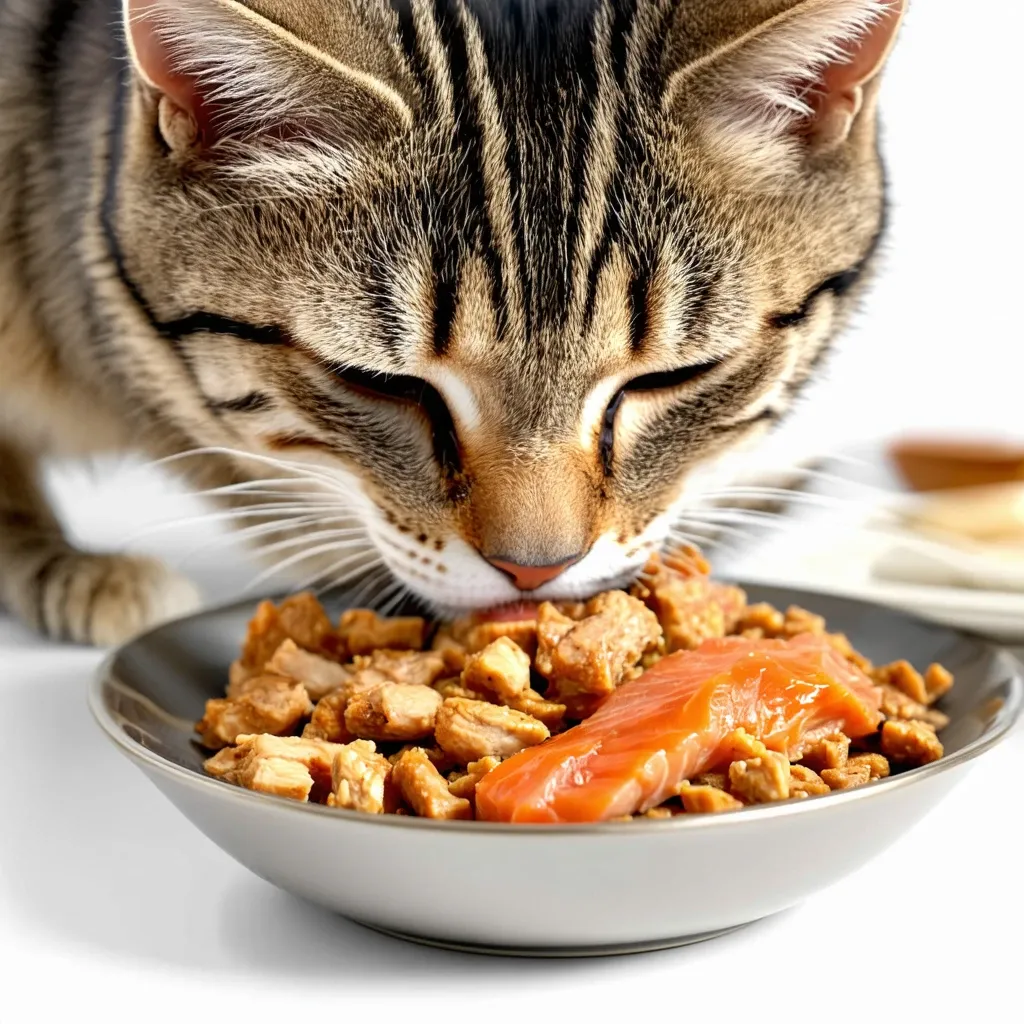
In conclusion, grain-free diets can be a good match for a cat’s natural diet as an obligate carnivore. By feeding a high-quality grain-free diet, cat owners can help to promote their cat’s overall health and well-being.
Expert opinions and customer reviews on grain-free diets for cats
When it comes to grain-free diets for cats, opinions from experts and customers can vary greatly. Some experts believe that grain-free diets are the best option for cats, while others argue that they can be detrimental to a cat’s health.
Expert Opinions
Many veterinarians and animal nutritionists recommend grain-free diets for cats, citing the fact that cats are obligate carnivores and do not require grains in their diet. They argue that grains can be difficult for cats to digest and can lead to a range of health problems, including obesity, diabetes, and digestive issues.
For example, Dr. Jean Hofve, a veterinarian and expert in animal nutrition, states that “grains are not a necessary component of a cat’s diet, and in fact, can be detrimental to their health.” (1)
On the other hand, some experts argue that grain-free diets can be unbalanced and may lead to nutritional deficiencies if not properly formulated. They point out that grains can provide important nutrients, such as fiber, vitamins, and minerals, that are essential for a cat’s overall health.
Customer Reviews
Customer reviews of grain-free diets for cats are also mixed. Some cat owners report that their cats have thrived on grain-free diets, experiencing improvements in their coat condition, energy levels, and overall health.
For example, one cat owner reports that “since switching to a grain-free diet, my cat’s coat has become shinier and healthier, and she has more energy than ever before.” (2)
However, other cat owners have reported negative experiences with grain-free diets, citing issues such as digestive problems, weight loss, and increased costs.
Common Concerns
One of the main concerns with grain-free diets is the potential for nutritional deficiencies. If not properly formulated, grain-free diets can be low in certain nutrients, such as taurine, vitamin E, and omega-3 fatty acids.
Another concern is the high cost of grain-free diets, which can be prohibitively expensive for some cat owners.
Ultimately, the decision to feed a grain-free diet to your cat should be based on individual circumstances and consultation with a veterinarian or animal nutritionist.
Comparing grain-free diets to traditional cat food: pros, cons, and nutritional value
When it comes to choosing the right food for your feline friend, the debate between grain-free diets and traditional cat food can be overwhelming. As a responsible cat owner, it’s essential to understand the pros and cons of each option to make an informed decision.
Pros of Grain-Free Diets
- Reduced carbohydrate intake: Grain-free diets eliminate the need for grains, which can be beneficial for cats who are sensitive to carbohydrates.
- Lower glycemic index: Grain-free diets tend to have a lower glycemic index, which can help regulate blood sugar levels and prevent insulin resistance.
- Increased protein content: Grain-free diets often have higher protein content, which is essential for maintaining muscle mass and overall health.
Cons of Grain-Free Diets
- Higher cost: Grain-free diets can be more expensive than traditional cat food, which may not be feasible for all cat owners.
- Potential for nutrient deficiencies: If not properly formulated, grain-free diets can lead to nutrient deficiencies, particularly in vitamins and minerals.
- Limited scientific evidence: There is limited scientific evidence to support the benefits of grain-free diets for cats.
Pros of Traditional Cat Food
- Cost-effective: Traditional cat food is often less expensive than grain-free diets, making it a more affordable option for many cat owners.
- Well-established nutritional profile: Traditional cat food has a well-established nutritional profile, which ensures that cats receive all the necessary nutrients for optimal health.
- Wide availability: Traditional cat food is widely available in pet stores and online, making it easily accessible to cat owners.
Cons of Traditional Cat Food
- Higher carbohydrate content: Traditional cat food often contains higher amounts of carbohydrates, which can be detrimental to cats who are sensitive to carbs.
- Potential for fillers and by-products: Some traditional cat foods may contain fillers and by-products, which can be low-quality ingredients that provide little nutritional value.
Nutritional Value Comparison
| Nutrient | Grain-Free Diets | Traditional Cat Food |
|---|---|---|
| Protein | Higher protein content (30-40% on a dry matter basis) | Moderate protein content (25-35% on a dry matter basis) |
| Fat | Moderate fat content (20-30% on a dry matter basis) | Higher fat content (30-40% on a dry matter basis) |
| Carbohydrates | Lower carbohydrate content (5-10% on a dry matter basis) | Higher carbohydrate content (20-30% on a dry matter basis) |
| Fiber | Higher fiber content (5-10% on a dry matter basis) | Lower fiber content (2-5% on a dry matter basis) |
In conclusion, both grain-free diets and traditional cat food have their pros and cons. While grain-free diets offer reduced carbohydrate intake and higher protein content, they can be more expensive and may lead to nutrient deficiencies if not properly formulated. Traditional cat food, on the other hand, is cost-effective and has a well-established nutritional profile, but may contain higher amounts of carbohydrates and lower-quality ingredients.
Ultimately, the decision between grain-free diets and traditional cat food depends on your cat’s individual needs and preferences. Consult with your veterinarian to determine the best diet for your feline friend.
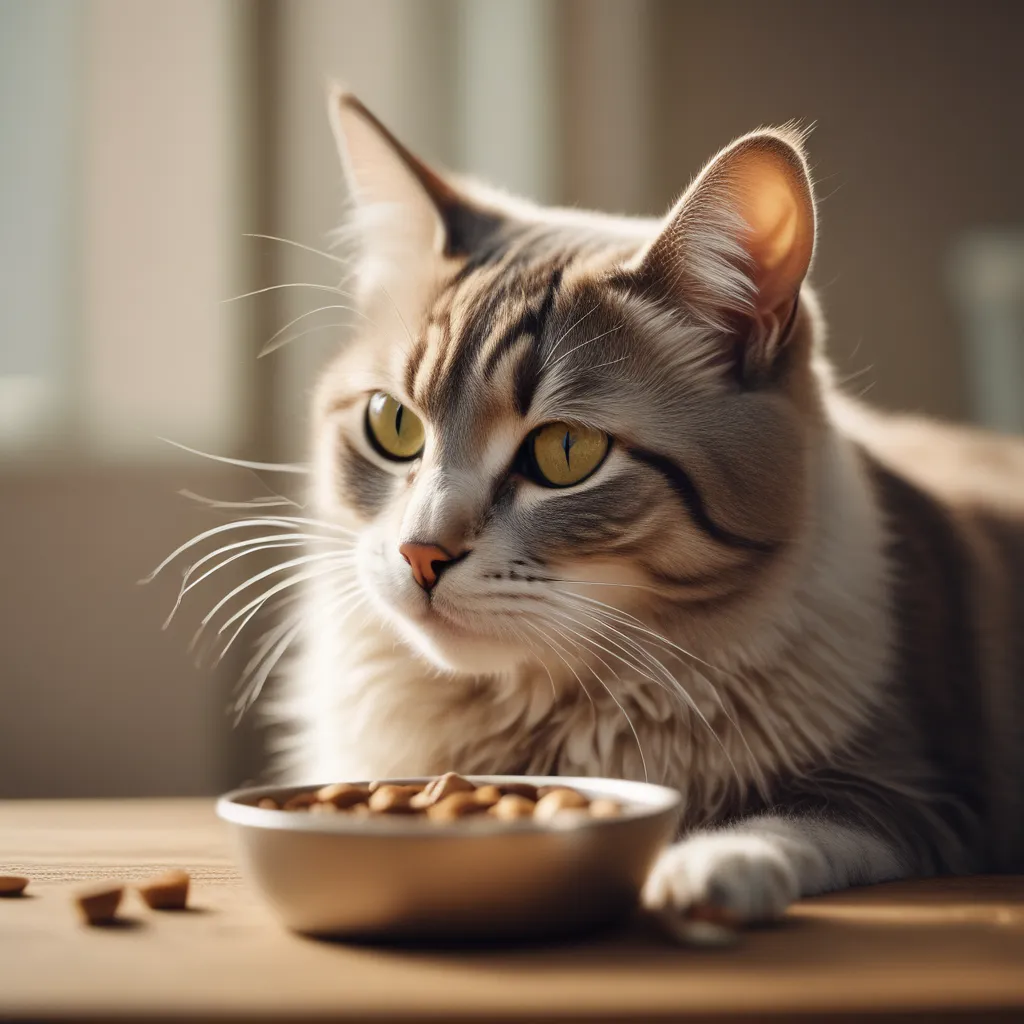
Conclusion
In conclusion, the debate about whether grain-free diets are good or bad for cats is complex and multifaceted. While some argue that grain-free diets are more in line with a cat’s natural diet as an obligate carnivore, others point out the potential risks and drawbacks of such diets.
On the one hand, grain-free diets can provide cats with the protein-rich nutrition they need to thrive. Many cat owners and veterinarians swear by the benefits of grain-free diets, citing improvements in their cat’s coat, energy levels, and overall health.
On the other hand, some experts warn that grain-free diets can be deficient in certain nutrients, such as taurine and vitamin E, which are found in whole grains. Additionally, some grain-free diets may contain high levels of carbohydrates, which can be detrimental to a cat’s health.
Ultimately, whether or not a grain-free diet is good or bad for a cat depends on a variety of factors, including the individual cat’s needs and health status, as well as the quality and composition of the diet itself.
As a responsible cat owner, it’s essential to consult with a veterinarian to determine the best diet for your feline friend. They can help you weigh the pros and cons of different diets and make an informed decision that prioritizes your cat’s health and well-being.
By considering the benefits and drawbacks of grain-free diets and consulting with a veterinarian, you can make an informed decision that prioritizes your cat’s health and well-being.

